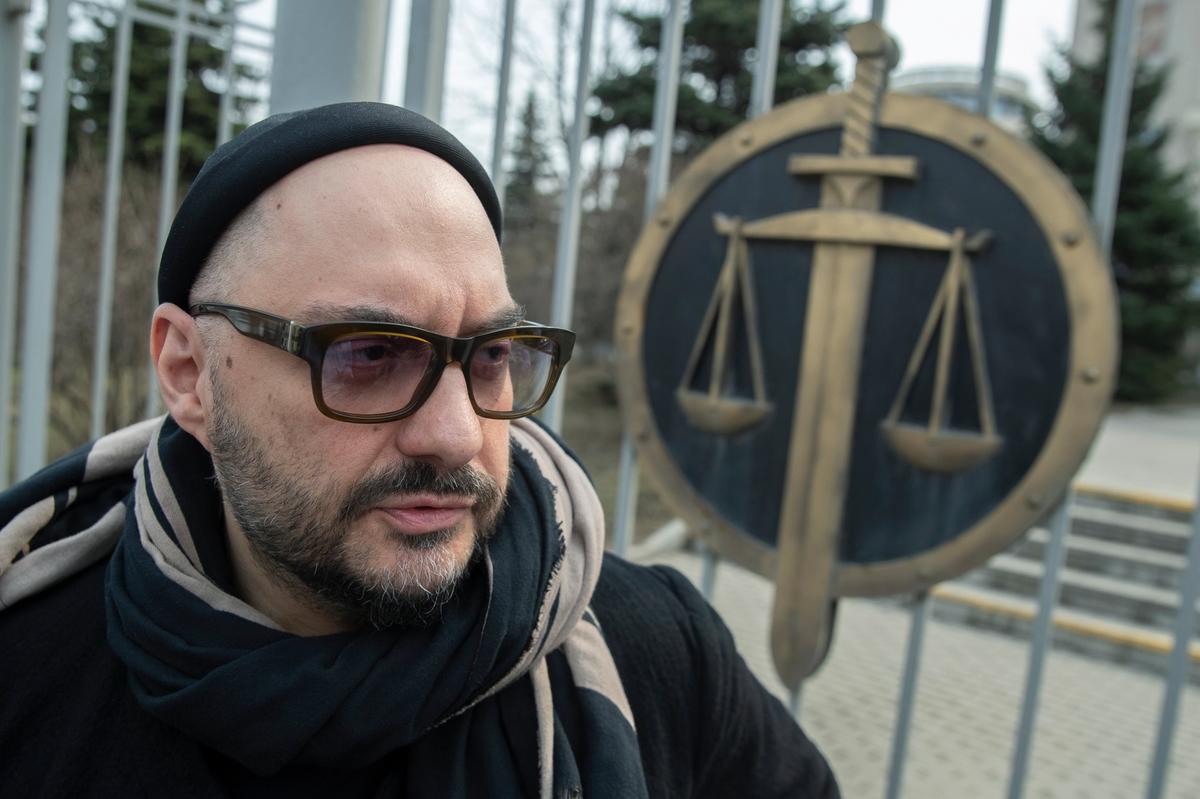The Russian film-maker Kirill Serebrennikov has been banned by authorities from leaving his home country and therefore cannot legally attend the Cannes Film Festival in July, where his drama Petrov’s Flu has been nominated for the prestigious Palme d’Or prize
Serebrennikov, 51, was handed down a three-year suspended sentence and a fine last June after being found guilty of embezzling public funds, a charge he denies. Serebrennikov’s travel ban is in place until the suspended sentence ends in June 2023. Serebrennikov’s lawyer, Dmitri Kharitonov, has told international media: “Kirill cannot leave Russian territory.”
The organisers of the 74th edition of the Cannes Film Festival, taking place 6-17 July, announced last week that Serebrennikov’s film, Petrov’s Flu, is in the running for the Palme d’Or prize, up against features by Wes Anderson, Sean Penn, François Ozon and Nanni Moretti, among others. His previous film Leto (2018) about the underground rock scene in 1980s Leningrad was also up for the Palme d’Or, while The Student (2016) about a troubled high-schooler who becomes obsessed with religious fundamentalism, won the festival’s François Chalais Prize.
Supporters of the Russian film-maker argue that the charges against him were trumped-up, and that he is being punished for making provocative works featuring homosexuality, politics and religion that run counter to the Kremlin’s upholding of “traditional values”. Serebrennikov has spoken out in support of LGBT issues and denounced state censorship and the arrest of members of the feminist punk group, Pussy Riot. During his trial, many international film and human rights groups called for the charges to be dropped. Human Rights Watch condemned them as “a thinly veiled way to retaliate against Serebrennikov for his political criticism and to send a chilling message to other artists”.
This is the second time that Serebrennikov is absent from Cannes, as he was still under house arrest in Moscow when Leto was nominated for the Palme d’Or in 2018. During the production of the film the previous summer, had been arrested and charged with embezzling around 129 million rubles (€1.8m) from the Gogol Center, an avant-garde theatre and arts complex in Moscow, where he was the director. His team reportedly finished filming Leto without him and he edited it from his apartment before sending it to Cannes.
Serebrennikov was fired from the Gogol Center in February, after leading the theatre for nine years and transforming into into a cutting-edge cultural venue.


